Deworming cats can be challenging at the best times, especially if they are feral. Cats have the marvelous ability to turn into agile gymnasts, and alongside their claws and teeth, this can make shoving a tablet down the back of their throats next to impossible.
Unfortunately, being proficient little hunters, feral cats are prone to worms and parasites, so regular deworming protocols should be put in place if you are caring for one. Worms can be detrimental—even fatal—to their health in the long term, so it is essential that parasite treatment be undertaken, especially if you’re introducing a new cat to an existing multi-cat household.
There are a few ways that you can deworm a feral cat that will not result in injury for either party. Read on to find out more.

The 4 Tips on How to Deworm Feral Cats
1. Put the Medication in Their Food
The simplest way to deworm a feral cat is to mix the medication with their food. Deworming products are available in both liquid and granule form, making it easier to give when you need to administer it to the cat over multiple days.
One is “Panacur” (fenbendazole), and it covers roundworms, tapeworms, hookworms, and giardia. It usually needs to be given once daily for 3 days and can be given to kittens from 4 weeks of age.
2. Put the Medication in Their Milk Replacer
For kittens, you can mix the worming product with their milk replacer. Once they have been introduced to the taste of the milk and readily consume it, you can add the worming medication to the bowl. This is especially helpful if you are attempting to deworm multiple feral kittens.

3. Use Topical Ointments
Many worming medications are administered by applying them directly to the skin. This can be a great option if you can hold the cat. Some products often have the added benefit of protecting against fleas and ticks. You can get basic dewormers as spot-on treatments too, including Drontal Spot-On and Profender.
These products should be applied on the back of the neck to stop the cat from licking them off. They should also be applied to a part of the skin that is free of wounds and scabs.
4. Visit the Vet
It is always recommended (if possible) to take the cat to the vet for a health check. This way, they can conduct a thorough examination, usually under an anesthetic, and provide the treatment and spay or neuter them at the same time. While the cat is under an anesthetic, the vet can administer the worming and flea medications and treat any other issues that the cat is presenting with. Spay and neutering is a vital component of controlling the feral cat population, and many programs worldwide are doing great work to combat the ever-growing problem.
If you need to speak with a vet but can't get to one, head over to PangoVet. It's an online service where you can talk to a vet online and get the advice you need for your pet — all at an affordable price!

What Are the Worms That Require Prevention & Treatment?
The most common worms found in cats are roundworms, tapeworms, and hookworms. They live in the intestines of cats, though in their immature stages, they migrate around different parts of the body and can cause a wide array of clinical signs. They spend most of their lifecycles living in the natural environment and can live in other hosts (such as rodents, insects, and birds), which is why cats should be dewormed at regular intervals, especially if they have access to the outdoors and like to hunt.
Tapeworms can also be transmitted to cats by fleas. Therefore, it should be assumed that a cat that has a flea burden also suffers from tapeworm. A large aspect of controlling tapeworms is to control flea infections too.
Depending on which part of the world you live in, cats can also get lungworms and heartworms. Lungworms are spread by slugs and snails and heartworms by mosquitoes. Certain worming products (such as monthly spot-on treatments Stronghold and Advocate) include prevention for these parasites. Oral formulations like Panacur and Drontal do not.
Generally, kittens must be treated for worms every 2 weeks from approximately 3–4 weeks of age and then monthly until they’re 6 months old. Treatment should then be given every 1–3 months. There are many worming products on the market, which can be confusing, so it is always best to seek advice from your veterinarian if you are concerned.


Conclusion
Deworming feral cats is a challenge but it isn’t impossible. While we may think that cats can take care of themselves, life on the streets is tough. They must deal with parasites, disease, illness, and injury. Most well-cared-for domesticated cats can live up to 20 years old, but the expected lifespan for a feral cat is reported to be 2–5 years. So, if you are caring for a feral cat or have recently adopted an unsocialized cat, deworming is a crucial component of their care. Your local veterinary clinic is always available to provide you with advice, so don’t hesitate to contact them.
See also:
- My Cat Ate Dog Dewormer! Here’s What to Do (Vet Answer)
- Can My Cat Take My Dog’s Flea or Worm Medicine? (Vet Answer)
Featured Image Credit: MDV Edwards, Shutterstock
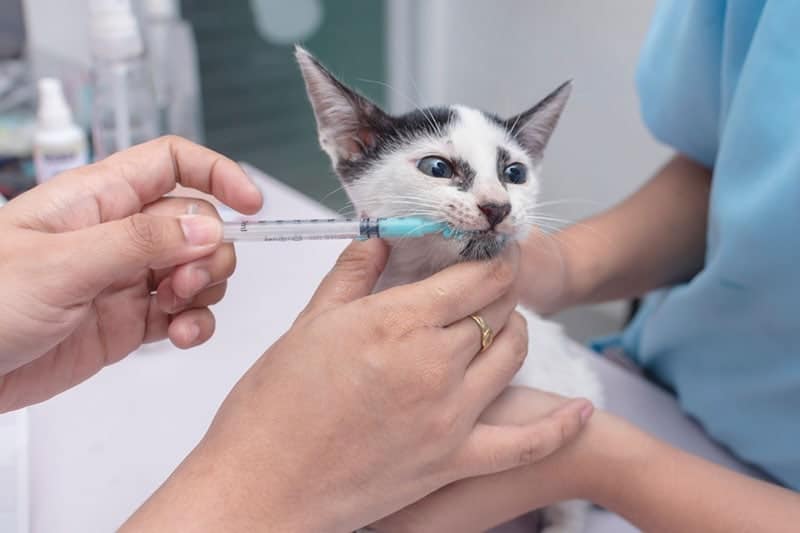



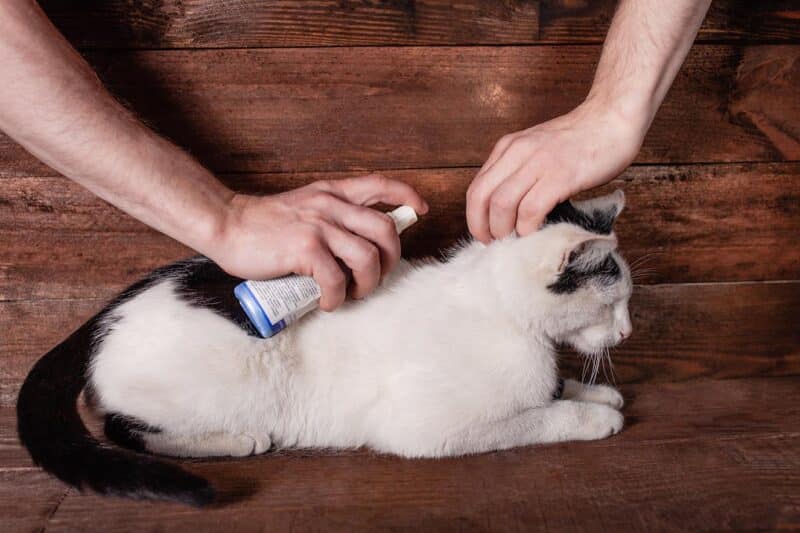




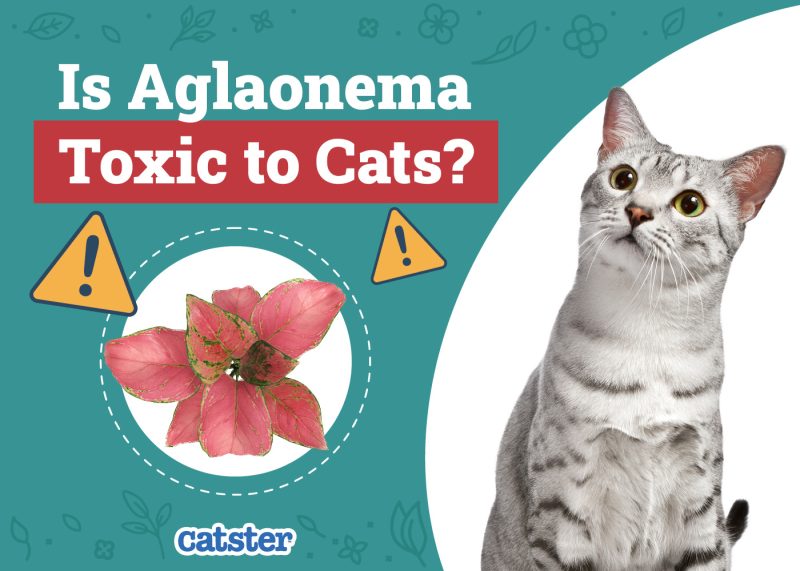

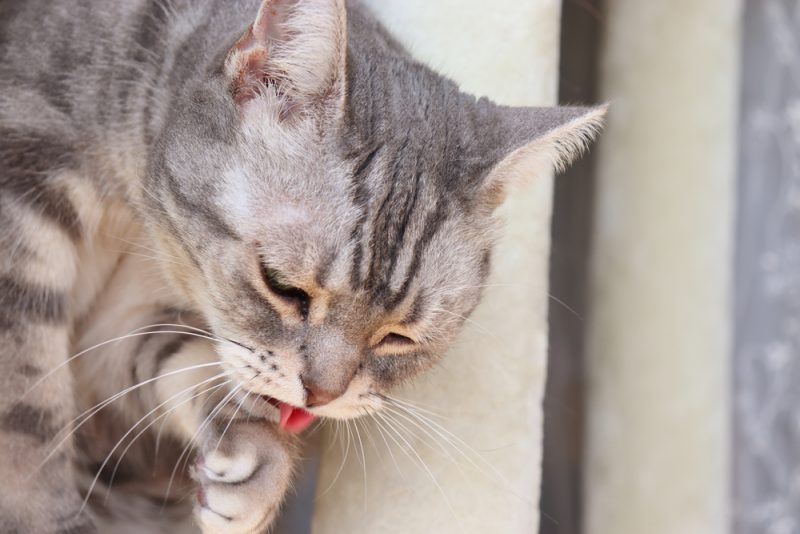
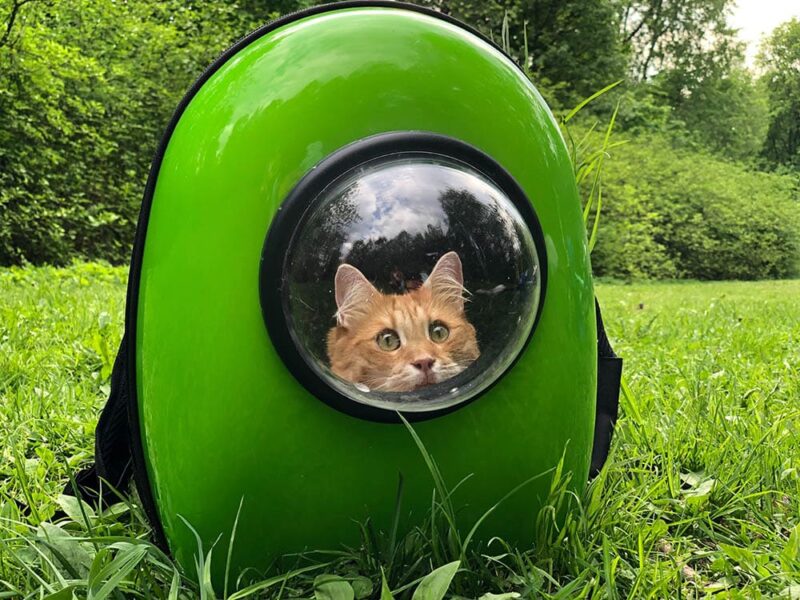



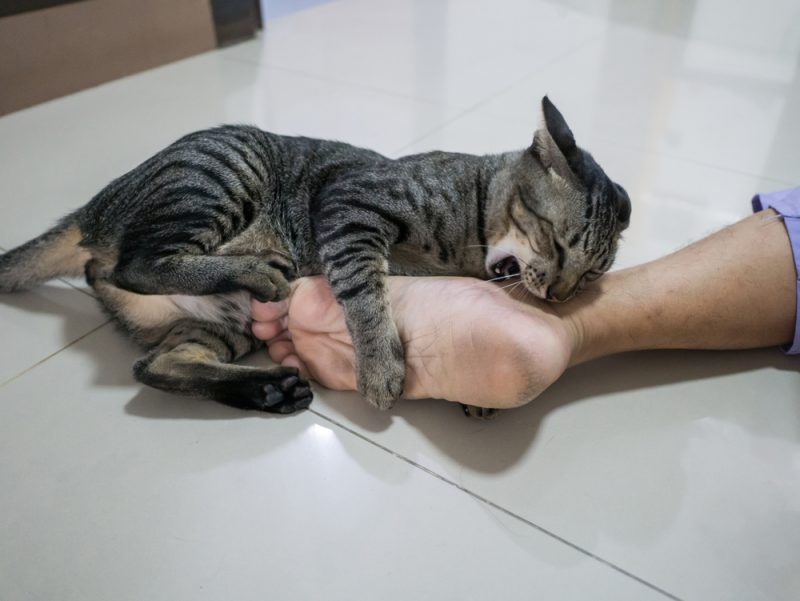
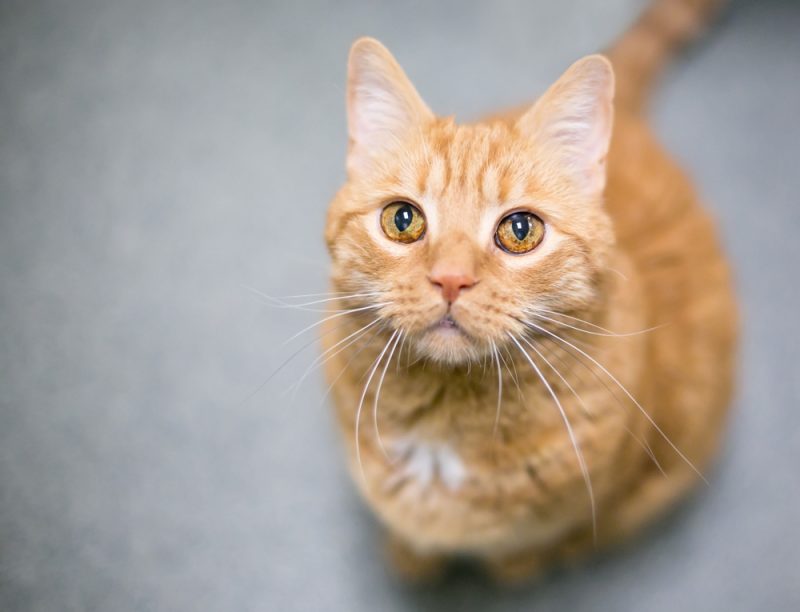





4 Responses
I am feeding a feral cat that is very skinny and I suspect worms. I cannot get near the cat as she is very skittish….how do I deworm her – there is no taking her to a vet.
Hello Cathy,
thank you for your question. It is natural for feral cats to be very careful – it is instinct that helps them survive. As mentioned in the article, the simplest way to deworm a feral cat is to mix the medication with their food. Deworming products are available in both liquid and granule form, making it easier to give when you need to administer it to the cat over multiple days. Therefore, if you want to deworm feral cat and cannot use topical treatment, this would be your best option.
Hope this helps!
Have been caring for rescued/abandoned feral kitten for almost 3 weeks. Brought her to vet to get one eye with the 3rd eyelid often visible checked. No scratch or evidence of injury/trauma. No signs of upper respiratory infection. What are other possible causes?
Thank you.
Hi L. Romportl,
Thank you for caring for this rescued kitten and for being so proactive about her health.
The third eyelid can become visible for a number of reasons. You can find more insights here:
– https://www.catster.com/cat-health-care/cat-third-eyelid-showing/
If the third eyelid remains visible or if her behavior changes, it may be worth consulting a veterinarian. You can also schedule a virtual consultation with one of our vets at Pangovet.com for further guidance.
We hope your kitten feels better soon! If you have any other questions, don’t hesitate to leave a comment.